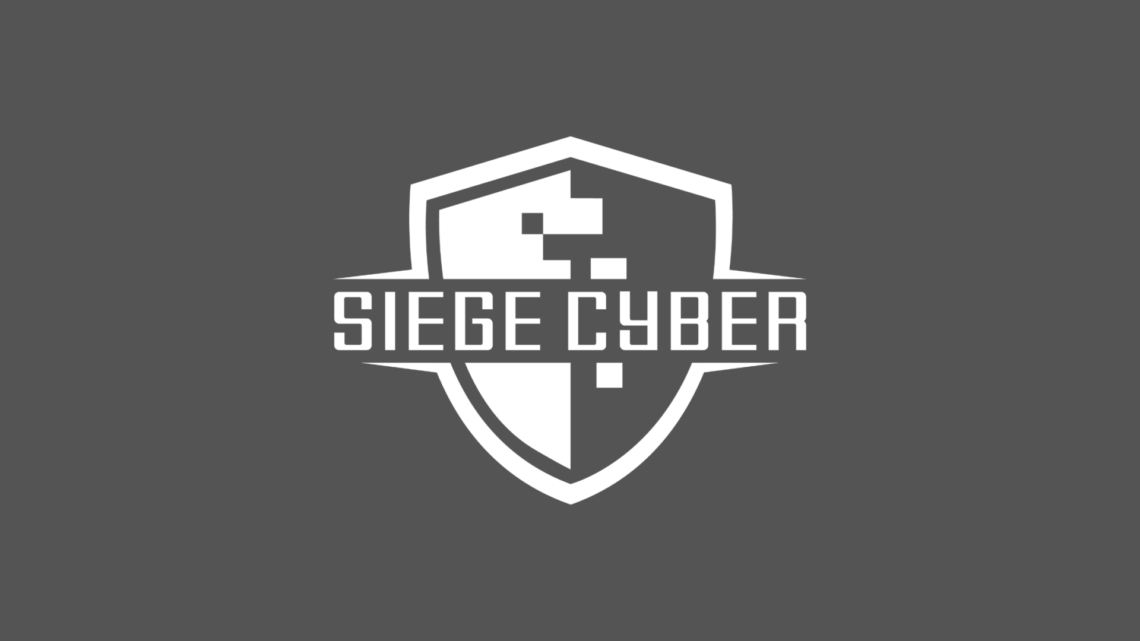
CISO Guide Australia: Incident Management Training, Testing, and Evaluation
Cybersecurity threats are an ever-present danger in the digital ecosystem of modern businesses. As a Chief Information Security Officer (CISO), Incident Response (IR) teams, or IT Manager, the responsibility to prepare for, manage, and mitigate these threats falls squarely on your shoulders. The importance of comprehensive incident management cannot be overstated, which is why this blog post delves into the crucial elements of training, testing, and evaluation.
Introduction
In the event of a cybersecurity incident, a swift and effective response is paramount to minimise damage and restore operations. This is where robust incident management comes into play, serving as a blueprint for action. A key figure in this complex choreography is the CISO, who must orchestrate the response with precision and insight.
Incident Management Training
The adage “fail to prepare, prepare to fail” holds considerable weight in cybersecurity incident management. Training is an investment in your team’s capabilities and your organisation’s resilience.
The Importance of Training for Incident Response Teams
Practical training equips IR teams with the necessary skills to identify, contain, and eradicate threats efficiently. Crucially, it also prepares them for the recovery phase, ensuring business continuity.
Key Areas to Focus on During Training
Training should encompass technical skills such as system monitoring and malware analysis, as well as soft skills like communication and decision-making under pressure.
Recommended Training Programs and Resources
Accredited programs like Certified Information Systems Security Professional (CISSP) or SANS Institute courses can be instrumental. Local Australian resources, cybersecurity forums, and government initiatives also provide valuable knowledge specific to regional threats.
Testing Incident Response Plans
Without testing, an incident response plan remains unverified—a theoretical defence against practical problems.
The Significance of Testing Incident Response Plans
Regular testing validates your plan’s effectiveness and your team’s readiness. This rehearsal can expose weaknesses that aren’t apparent on paper.
Different Types of Testing Methods
Consider tabletop exercises for their ability to simulate decision-making processes or full-scale simulations for a more immersive experience that tests operational capabilities.
Best Practices for Conducting Effective Tests
Engage all relevant stakeholders, keep scenarios realistic, and ensure lessons learned are documented and acted upon.
Evaluating Incident Response Effectiveness
Responding to an incident doesn’t end with the threat’s neutralisation. Evaluation is critical to understanding and improving the incident response lifecycle.
Metrics and Indicators for Evaluating Incident Response Effectiveness
Time to detect, time to respond, and time to recover are some of the metrics to assess IR effectiveness. Root cause analysis can offer insights into systemic vulnerabilities.
Tools and Techniques for Collecting and Analysing Data
Invest in incident tracking software, and employ statistical methods to interpret data. Adopt a balanced scorecard approach to keep strategic objectives aligned with incident response outcomes.
Continuous Improvement Strategies for Incident Management
Adopt a culture of continuous learning and allow iterative refinement of your incident management processes. Embrace feedback mechanisms and stay ahead of evolving cyber threats.
Conclusion
The onus on safeguarding an organisation’s assets from cyber threats is enormous and should not be tackled reactively. CISO professionals and IT managers, make it your mandate to rigorously train, test, and evaluate your incident response capabilities.
Siege Cyber can be your companion in this critical journey, offering the expertise and support you need to navigate the complexities of incident management. Our vCISO services are tailored to strengthen your defences, hone your strategies, and guide you to a state of prepared proactivity. Secure your cyber battlements with Siege Cyber – your ally in the digital age.
For more information on how we can help your organisation, visit Siege Cyber.